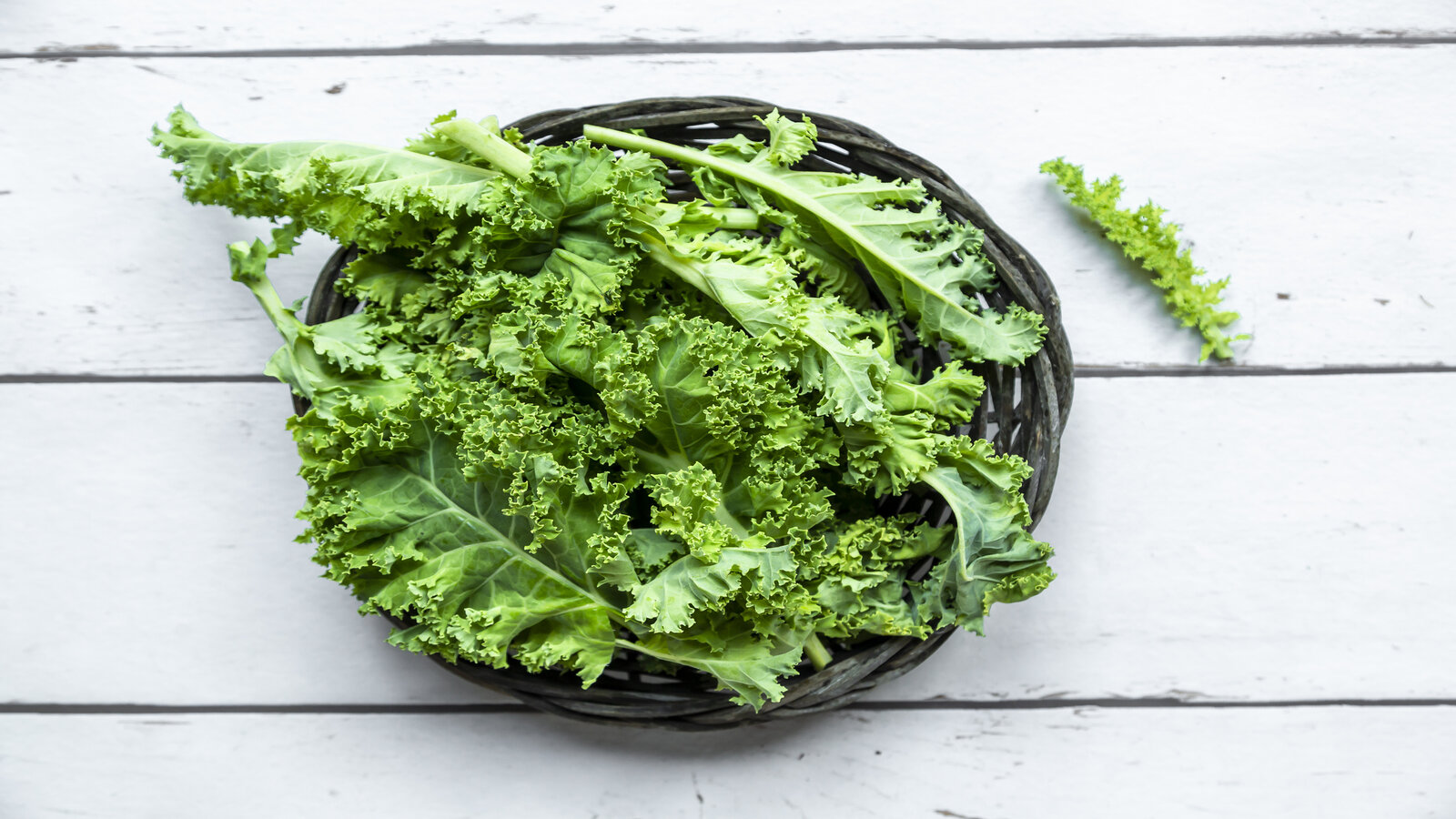The Foods That Help Banish Brain Fog

We've all experienced that foggy feeling - where you find it hard to concentrate, forget what you were going to say or completely lose your train of thought. Many people put it down to getting older and having a 'senior moment' but actually it's not just that but rather part of a new epidemic called 'The Brain Fog'.
Dr Mike Dow, psychotherapist and author of The Brain Fog Fix: Reclaim Your Focus, Memory and Joy in Just 3 Weeks explains: "As a psychotherapist, I have studied the complexities of the brain for years, and I am convinced the way we eat, sleep, work and live has a profound effect.
"If you are eating the wrong foods, getting insufficient exercise or sleep, overindulging in social media and TV, having too much stress and too little downtime, you will almost certainly be destabilising the levels of three crucial brain chemicals: serotonin, dopamine and cortisol that keep us energised, calm, focused and inspired."
But don't worry, according to Dr Mike Dow you can banish the brain fog by making sure you're eating the right foods. Here's what to put on the menu if you want to help your brain to operate effectively.
BALANCE BLOOD SUGAR
Our blood sugar levels can have a massive effect on how we are feeling. Foods can either produce a steady, sustaining level of blood sugar or it can lead to crashes which can leave us feeling foggy, tired or anxious.
Eat complex carbohydrates such as barley, quinoa or lightly cooked vegetables instead of high-GI carbohydrates like white bread, white rice and pasta to even out your blood sugar.
Sign up to our free daily email for the latest royal and entertainment news, interesting opinion, expert advice on styling and beauty trends, and no-nonsense guides to the health and wellness questions you want answered.
DITCH ARTIFICIAL SWEETENERS
They may seem like a good way to save calories but they are not an effective substitute for sugar. They don't help your body digest the nutrients it need to run at full capacity. Blood sugar is necessary to keep your brain running and sweeteners stop it getting what it needs. It also disrupts the good bacteria in your gut, which produces serotonin, the hormone that makes you feel happy.
BOOST GOOD FATS IN YOUR DIET
People get worried that fats will make them gain weight but actually it's just making sure that you are eating the right kind of fats that's important.
If your mother used to tell you that fish was good for your brain - she was completely right. Oily fish like mackerel is jam-packed with omega-3. They are the best fats for your brain. Or if you aren't a fish fan- take supplements- just six months of fish-oil supplements is enough to improve verbal fluency.
Ditch shop bought salad dressings and instead have olive oil, which has anti-inflammatory compounds as well as healthy mono-unsaturated fats.
But avoid Omega-6 fatty acids, as they cause inflammation in the brain and are hidden in processed foods and refined vegetable oils.
BUY ORGANIC
It may be more expensive but your mind will thank you for it especially as organic products are also free from harmful pesticides.
Factory-farmed meats tend to be higher in omega-6 fats, which can dull the brain. Whereas organic meat and dairy tends to be naturally higher in brain boosting omega-3s. Organic milk contains 62 per cent more omega-3s and 25 per cent fewer omega-6s than conventional milk, while organic eggs have more than double the omega-3s.
GET MORE VITAMIN B
Vitamin B is essential for our brains to make the chemicals we need to function as well as control our moods and have healthy sleep. Vitamin B is found in spinach, Brussel sprouts, romaine lettuce, asparagus, broccoli and legumes such as lentils, kidney beans and black-eyed beans.
ENJOY A COFFEE
Your caffeine fix without milk or sugar is excellent for helping cognitive decline as well as prevent depression and detention. It provides the brain with a lot of energy, perfect for beating brain fog without raising your blood sugar.
DRINK A GLASS OF CHAMPAGNE
One alcoholic drink per day (two for men) may help to keep toxins out of the brain, reducing your risk of dementia by as much as 23 per cent.
A glass of fizz contains phenolic acid which is a powerful weapon to help you think better. While red wine is also an excellent choice as the red grape skin is rich in a potent antioxidant called resveratrol.
Having a glass of red with your dinner can lessen blood-sugar spikes reducing your liver's production of glucose.
But only have one - too much alcohol has a negative effect on the brain and is associated with increased risk of dementia.
DRINK MORE WATER
Aim for six to eight glasses of water a day as dehydration can lead to reduced concentration. Use a water filter jug as tap water can contain toxins which affect our brain health.
Amy Hunt is an experienced digital journalist specialising in homes, interiors and hobbies. She began her career working as the features assistant at woman&home magazine, before moving over to the digital side of the brand where she eventually became the Lifestyle Editor up until January 2022. Amy won the Digital Journalist of the Year award at the AOP Awards in 2019 for her work on womanandhome.com.

